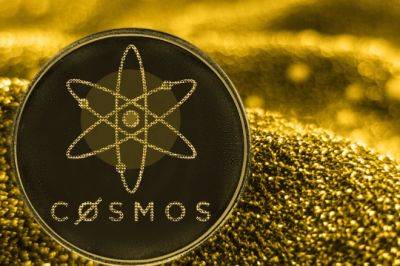Blockchain in space
It is no secret that the space industry has been experiencing an unprecedented surge in recent years and is expected to continue to grow. On a daily basis, we see news about countries and private companies competing to claim their stake in future lunar missions, expand their orbital presence and attemping to create comprehensive space programs. As exciting and invigorating as it may be, the space industry still faces various challenges, including issues with security, trust and transparency, which potentially hinder its growth. To help remediate these issues, blockchain can serve as one of the potential technology solutions.
For example, it can enhance the security of space infrastructure. Spacecraft and satellites require a secure data communication network. A decentralized ledger system can provide a more reliable, tamper-proof method of storing and transmitting data. This technology could prevent unauthorized access to spacecraft systems, minimize the risks of cyberattacks and ensure that sensitive information remains confidential. Some satellites might be vulnerable to cyberattacks, and hackers can try to disrupt their communication systems, leading to the loss of critical data and, in some cases, control of the satellite.
With blockchain technology, satellite operators can create a decentralized communication network that is more secure and less susceptible to cyberattacks. Blockchain’s decentralized ledger system can ensure that the data transmitted between satellites is tamper-proof, and any attempts to modify or intercept the data are immediately detected.
In addition, blockchain’s smart contract feature can be used to automate the process of verifying and authenticating communication requests, thereby reducing the
Read more on cointelegraph.com





















